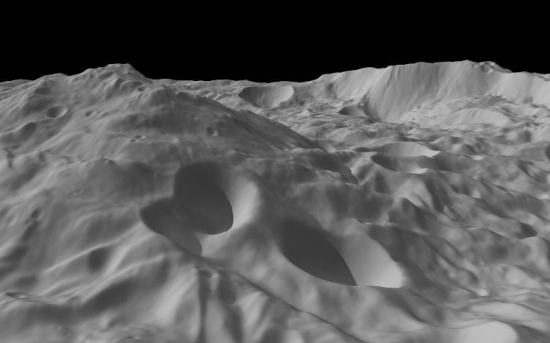The NASA shuttle simulator for training astronauts is going to at Texas A&M
The NASA shuttle simulator for training astronauts is going to Texas A&M.
Valasek said it won’t be a static display for viewing but a functional flight simulator. Visitors will be able to sit in the seats and cockpit and manually fly a simulated re-entry as the shuttle astronauts did. “When operational again, the SMS will be the centerpiece of many educational, outreach, and research activities for a long time to come,” Valasek said. “And it will be accessible. Until now, 355 astronauts have trained on the Shuttle Motion Simulator and flown on a space shuttle mission. Now the rest of us can experience at least a part of the excitement of space exploration, just the way the astronauts trained for it.”
The simulator will be used in aerospace engineering courses and accessible to all Texas A&M students, staff, and faculty. Spaceflight enthusiasts and fans of technology, whether affiliated with the university or not, will also be able to enjoy it.
Now, this is what an engineering school should be focused on, rather than the skin color of its students.
The NASA shuttle simulator for training astronauts is going to Texas A&M.
Valasek said it won’t be a static display for viewing but a functional flight simulator. Visitors will be able to sit in the seats and cockpit and manually fly a simulated re-entry as the shuttle astronauts did. “When operational again, the SMS will be the centerpiece of many educational, outreach, and research activities for a long time to come,” Valasek said. “And it will be accessible. Until now, 355 astronauts have trained on the Shuttle Motion Simulator and flown on a space shuttle mission. Now the rest of us can experience at least a part of the excitement of space exploration, just the way the astronauts trained for it.”
The simulator will be used in aerospace engineering courses and accessible to all Texas A&M students, staff, and faculty. Spaceflight enthusiasts and fans of technology, whether affiliated with the university or not, will also be able to enjoy it.
Now, this is what an engineering school should be focused on, rather than the skin color of its students.

